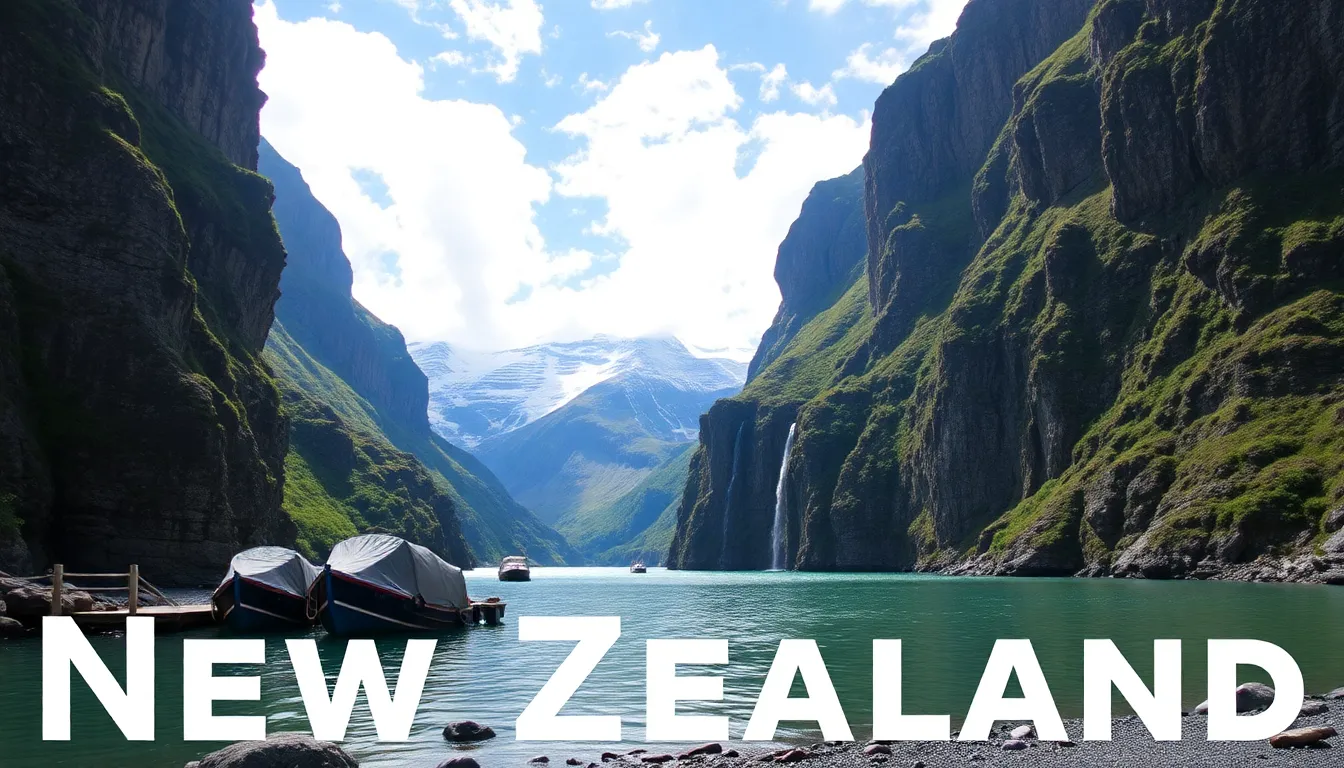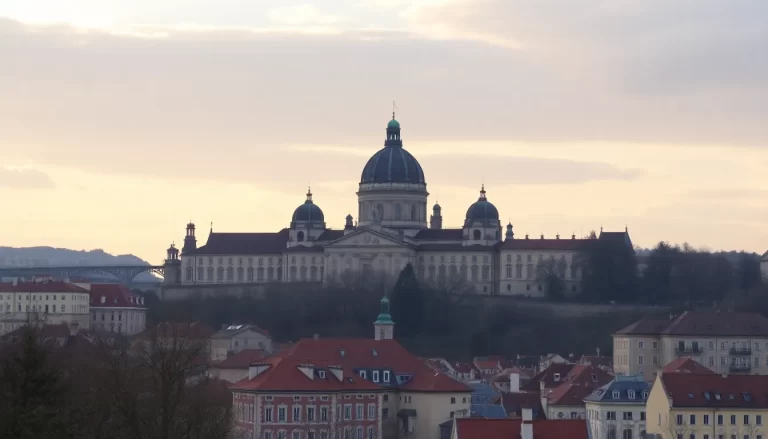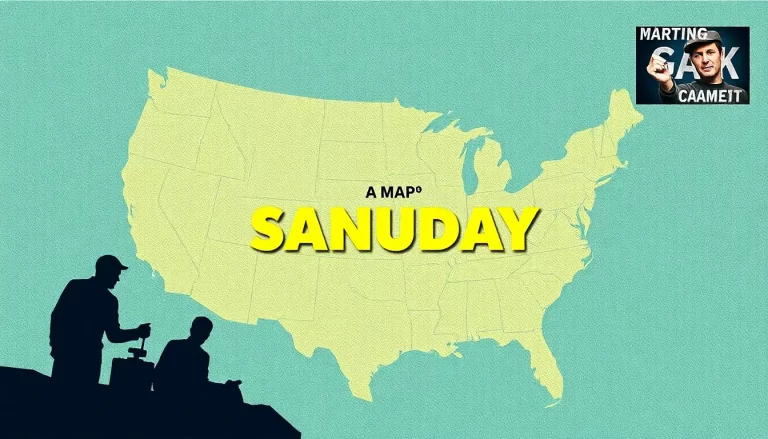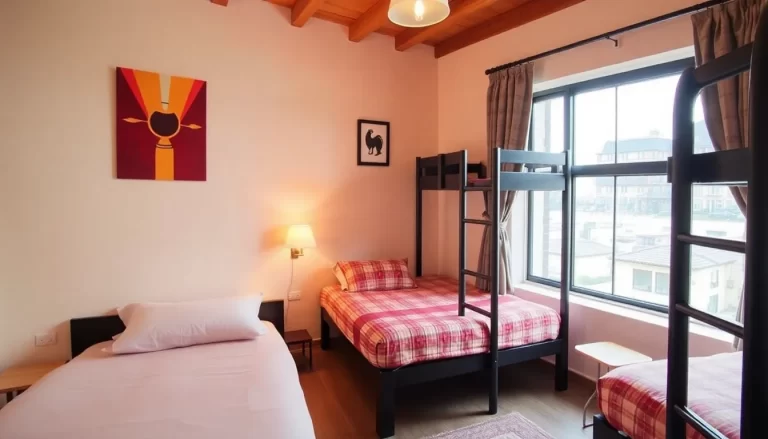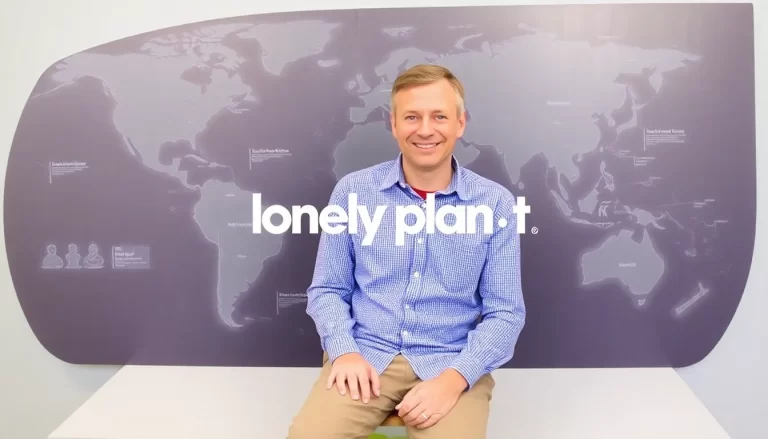Traveling to New Zealand is a dream for many adventurers, offering breathtaking landscapes, vibrant cultures, and unique experiences. However, many travelers are often surprised by the costs associated with visiting this stunning country. Understanding the financial aspects of your trip can make all the difference in how much you enjoy your time in New Zealand. In this guide, we will explore the various factors that influence travel costs in New Zealand, providing you with actionable insights to help you plan your journey wisely.
The Cost of Traveling in New Zealand
New Zealand is often described as a paradise for nature lovers, but it can also be quite the financial burden for unprepared travelers. From accommodation to activities, costs can add up quickly. During my recent trip, I discovered that budgeting effectively is key to enjoying all that this country has to offer without breaking the bank.
On average, travelers can expect to spend between 131 NZD to 280 NZD per day, depending on their travel style. Those on a tight budget may find themselves staying in hostels and preparing their meals, while others who wish for a more comfortable experience may opt for private accommodations and dining out more frequently.
Breaking Down the Costs
Understanding where your money is going can help you make informed decisions while traveling. Here’s a detailed breakdown of my expenses during a 25-day trip:
- Accommodation: 913.64 NZD (36 NZD/day)
- Transportation: 1,014.32 NZD (40.50 NZD/day)
- Food: 1,343.82 NZD (53.70 NZD/day)
- Activities: 823.65 NZD (33 NZD/day)
- Phone and Internet: 179.97 NZD (7.20 NZD/day)
In total, my expenses amounted to approximately 4,550.90 NZD, averaging about 182 NZD per day. This was significantly higher than my initial budget of $50 USD per day, showcasing how easy it is to overspend if you’re not careful.
Identifying the Major Expenses
Understanding the key areas where expenses accumulate can help travelers strategize their budgets effectively. The primary categories where funds are often depleted include:
- Accommodation: Hostel dorms range from 45 to 60 NZD while private rooms can cost between 105 and 150 NZD.
- Transportation: Bus tickets can cost anywhere from 25 to 45 NZD if booked in advance.
- Food: Meals in restaurants typically range from 17 to 35 NZD, and even fast food options can cost around 15 NZD.
- Activities: Popular tours can vary widely, with costs ranging from 79 NZD for a basic tour to over 600 NZD for adventure activities like heli-hikes.
These figures highlight the importance of planning ahead and choosing activities that align with your budget.
Is New Zealand Expensive to Travel?
While New Zealand can be perceived as an expensive destination, it is possible to enjoy your trip without overspending. The key lies in understanding your options and making conscious choices. For instance, travelers can opt for free outdoor activities, which are abundant in New Zealand, instead of pricey excursions. Hiking, exploring beaches, and visiting national parks are all excellent ways to enjoy the landscape without incurring large costs.
How Much Will You Need for Two Weeks in New Zealand?
If you plan a two-week trip, your budget will depend heavily on your travel style. For a backpacker, a budget of around 1,800 NZD might suffice, assuming you stay in hostels, prepare your meals, and limit your activities to a few key experiences. In contrast, a more comfortable traveler might budget around 3,000 NZD for a well-rounded experience, including higher-end accommodations and several activities.
Tips for Budgeting Your New Zealand Adventure
Here are some essential tips to help you save money while making the most of your trip:
- Cook Meals: Grocery shopping in New Zealand can be reasonable, with weekly expenses for food typically ranging from 120 to 175 NZD. Cooking your meals can save you hundreds.
- Pick Selective Tours: Choose only the tours that genuinely interest you while avoiding others that don’t align with your preferences or budget.
- Utilize Happy Hours: Many bars and restaurants have happy hour specials that can significantly reduce the cost of meals and drinks.
- Consider WWOOFing: Working on organic farms in exchange for food and accommodation is a popular way to travel affordably while experiencing local culture.
- Use Rideshare Options: Sharing rides with fellow travelers can cut transportation costs. Websites like CoSeats and local bulletin boards in hostels can help you connect with others.
Exploring Accommodation Options
Accommodation can be one of the most significant expenses during your trip. Here are some options to consider:
- Hostels: Great for budget travelers, with dorm rooms providing cost-effective lodging.
- Airbnb: Offers private rooms or entire homes, suitable for those seeking more comfort.
- Camping: New Zealand’s natural landscape is perfect for camping, allowing you to connect with nature while saving on lodging costs.
- Campervans: Combining transport and accommodation, campervans allow for flexibility and the chance to explore off-the-beaten-path locations.
Transportation Costs in New Zealand
Transportation can quickly escalate in cost if not planned properly. Options include:
- Buses: Booking in advance can save you money, with prices ranging from 25 to 45 NZD.
- Internal Flights: For longer distances, consider flying to save time, although prices can range from 100 to 140 NZD.
- Cycling: Rent a bike for a day to explore cities and towns at a minimal cost.
- Car Rentals: Renting a car can be a good option for groups, allowing for shared costs and greater flexibility.
Maximizing Your New Zealand Experience on a Budget
New Zealand offers a wealth of experiences that don’t require spending a fortune. To make the most out of your trip, consider the following:
- Engage in Free Activities: Explore the numerous walking trails, beaches, and national parks that the country has to offer.
- Plan Your Itinerary Wisely: Prioritize areas you want to visit to minimize transportation costs and maximize your time exploring.
- Stay Connected: Use apps and websites to find discounts on activities, accommodation, and meals.
- Interact with Locals: Ask locals for recommendations on free or low-cost attractions or activities that may not be widely advertised.
By keeping these tips in mind and planning accordingly, travelers can enjoy the stunning landscapes and rich culture of New Zealand without overspending. The key is to be mindful of your choices and to make the most of the opportunities that come your way.

